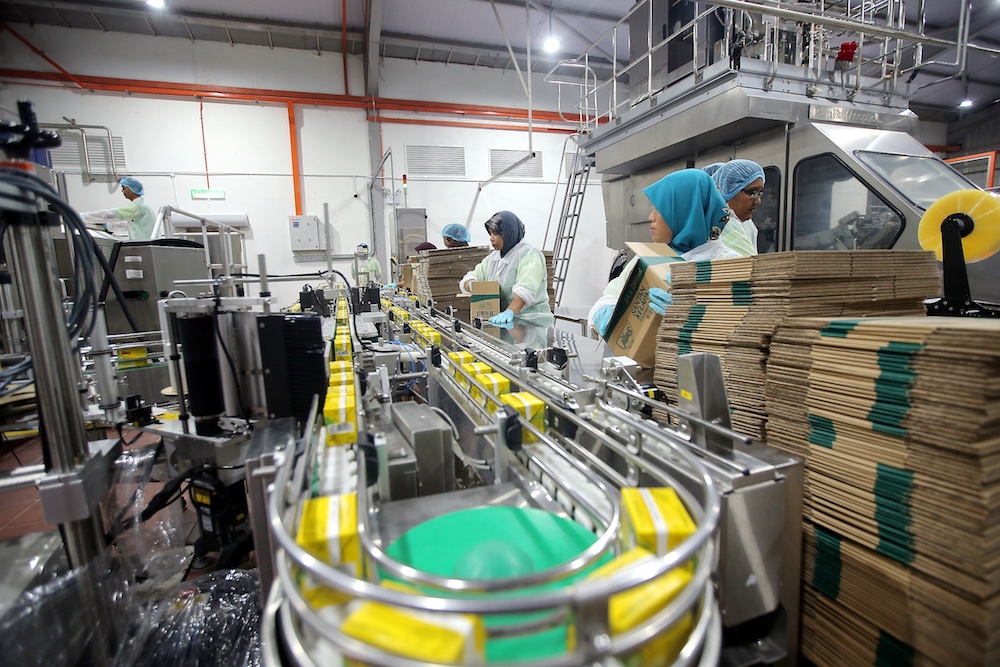KUALA LUMPUR, Sept 1 — Malaysia’s manufacturing production stabilised in August, sustaining the recovery from the coronavirus disease 2019 (Covid-19) downturn, said IHS Markit today.
It added that although new orders continued to soften, the pace of moderation remained much weaker than the series nadir in April.
“That said, relatively weak customer demand and efforts to reduce costs led to the most marked scaling back of employment since the survey began in July 2012,” it said in a statement today.
The headline IHS Markit Malaysia Manufacturing Purchasing Managers’ Index — a composite single-figure indicator of manufacturing performance — dipped to 49.3 in August from 50.0 in July.
IHS Markit said manufacturing production was stable in August, losing some of the momentum seen during the initial rebound from lockdown and the latest reading followed a joint-record expansion in June and further growth in July.
It added that the latest data pointed to ongoing spare capacity in the sector as backlogs of work were reduced solidly while the lack of capacity pressure and efforts to reduce costs led firms to scale back employment.
“Overall, firms signalled a rise in input prices, albeit one that was the softest in the current three-month sequence of inflation. A slower rise in output prices was recorded, with some respondents indicating that fragile demand and strong competition had led them to offer discounts,” said IHS Markit.
It noted that cost pressures were often the result of raw material shortages but overall, firms signalled a rise in input prices, albeit one that was the softest in the current three-month sequence of inflation.
A slower rise in output prices was recorded, with some respondents indicating that fragile demand and strong competition had led them to offer discounts, it added.
IHS Markit said material shortages, and particular issues receiving imported goods due to Covid-19 led to a ninth successive monthly lengthening of suppliers’ delivery times.
“There were signs of pressure on supply chains softening, however, with lead times lengthening to the least degree since January. Purchasing activity was reduced modestly, following a rise in July.
“Meanwhile, stocks of both purchases and finished goods were broadly unchanged, thereby ending periods of depletion stretching back seven and 31 months respectively.
“Hopes that new orders will expand on the back of a return to more normal business conditions supported optimism among firms that expect manufacturing production will increase over the coming year.
“That said, concerns around Covid-19 remained, leading sentiment to dip below the series average,” it added. — Bernama






















